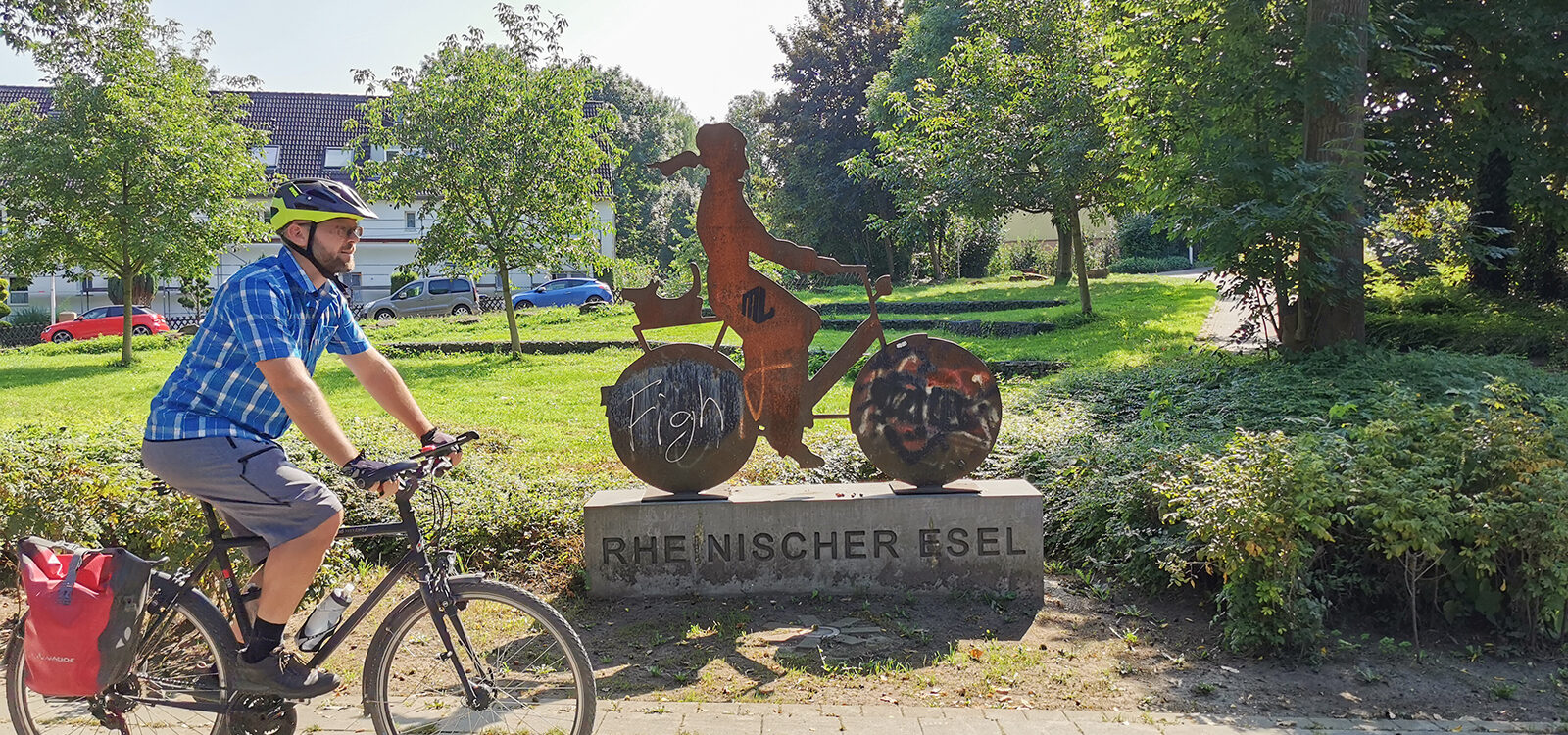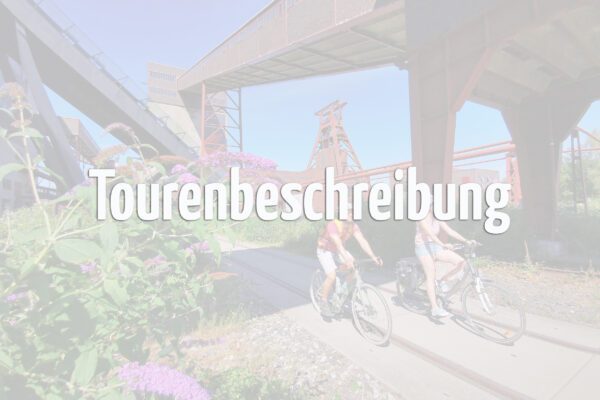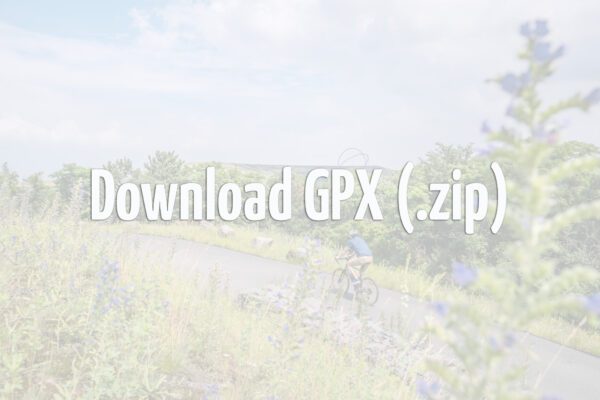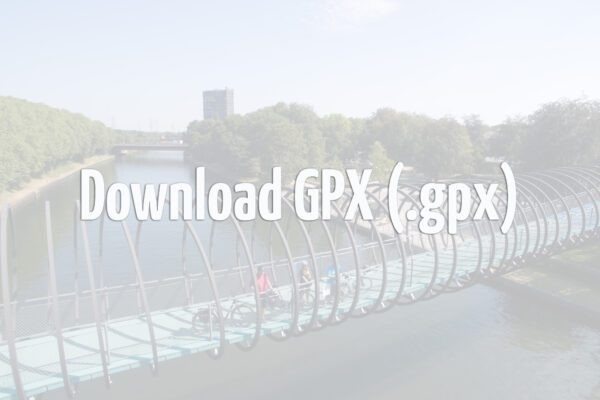The RevierRoute Black Gold - Experience the coal route
Black gold, as coal used to be called, has had a significant impact on the Ruhr area. After being hauled up from the depths, it proceeded to the coking plant, where the coal was processed into coke at high temperatures before finally being burned to make steel. On our "Black Gold" RevierRoute you will discover the route of coal and important places of industrial history over a distance of around 41 kilometers by bike.
Ruhr area history by bike
The tour starts and ends at the Zollern colliery in Dortmund. Here you will get an insight into one of the most beautiful collieries in the Ruhr area and learn more about the social relationships of the miners. Then it goes to Hansa coking plant, where until 1992 coke and coke oven gas was produced for the Dortmund smelting works. The route then runs south along the Emscher. A detour to the impressive Phoenix West area with its Skywalk. On a guided tour, you can explore the blast furnace system at lofty heights on the Skywalk or at the standing beer hall of the Bergman Brewery enjoy a cool beer with a view of the blast furnace.
About the Rhenish donkey from Witten to Dortmund
Then you cycle further south to the Rhenish donkey. Hard coal, among other things, used to be transported on the former railway line. When you arrive in Witten, we recommend a visit Nightingale colliery, which was also one of the biggest pillars of the coal age in the Ruhr area. Finally, the Rhenish donkey takes you back to Dortmund to the Zollern colliery.
Downloads for RevierRoute Black Gold
The RevierRoute Black Gold
We recommend arriving by bike or public transport. If you are looking for a parking space by car, you can try this address (possibly for a fee):
LWL industrial museum Zollern colliery
Grubenweg 5
44388 Dortmund
(Germany)






